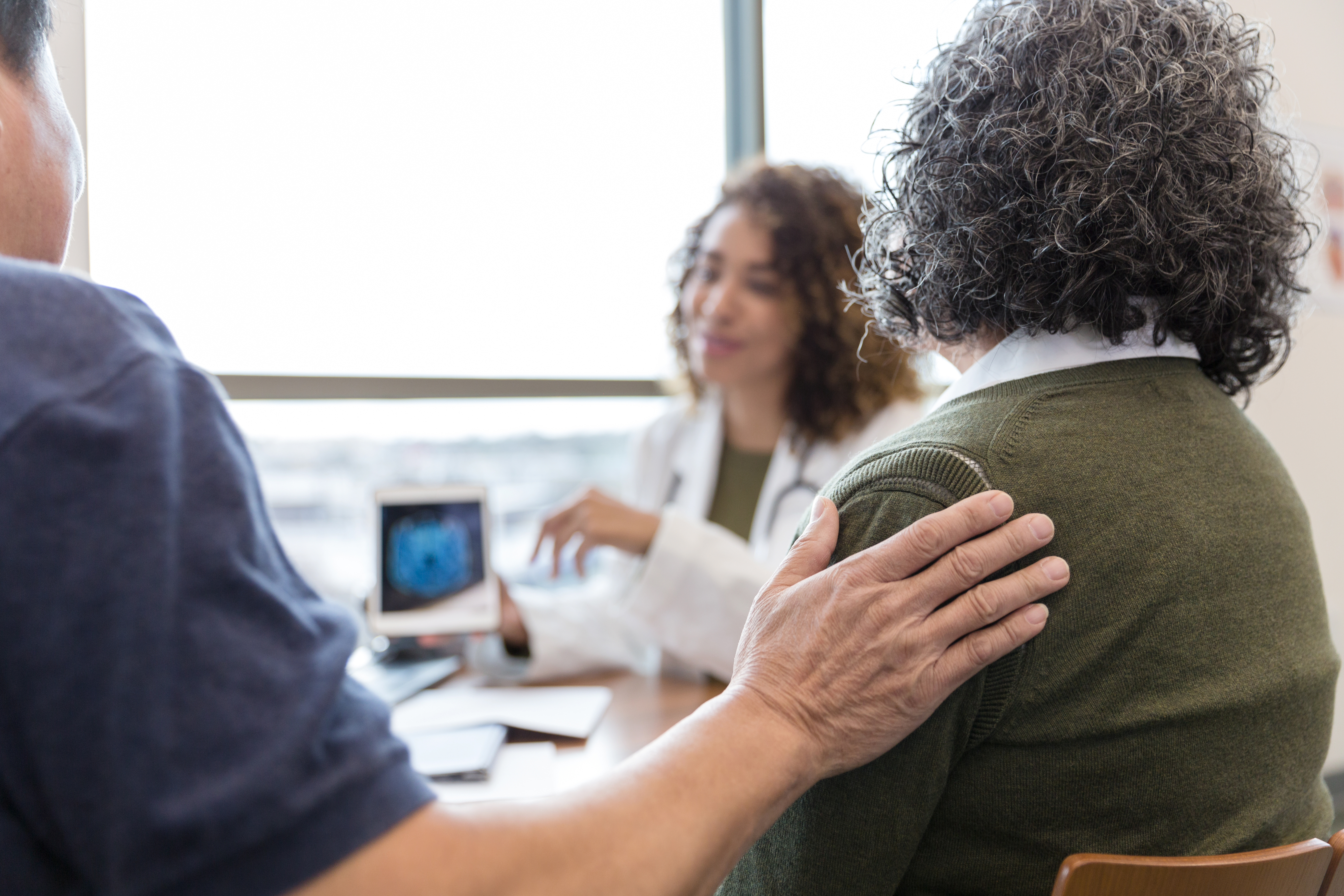- Tremor. NIH/National Institute of Neurological Disorders and Stroke. Accessed December 8, 2023. https://www.ninds.nih.gov/health-information/disorders/tremor#:~:text=Essential%20tremor%20(previously%20also%20called,,%20voice,%20or%20lower%20limbs
- Louis ED, Ottman R. How many people in the USA have essential tremor? Deriving a population estimate based on epidemiological data. Tremor Other Hyperkinet Mov (NY). 2014; 4: 259. doi: 10.7916/D8TT4P4B
- Essential tremor disorder. Johns Hopkins Medicine. Accessed December 6, 2023. https://www.hopkinsmedicine.org/health/conditions-and-diseases/essential-tremor-disorder
- Essential tremor. Penn Medicine. Accessed December 6, 2023. https://www.pennmedicine.org/for-patients-and-visitors/patient-information/conditions-treated-a-to-z/essential-tremor#:~:text=Factors%20That%20Change%20Essential%20Tremor,Emotional%20stress%20or%20anxiety
- Essential tremor. Mayo Clinic. Accessed December 6, 2023. https://www.mayoclinic.org/diseases-conditions/essential-tremor/symptoms-causes/syc-20350534
Essential Tremor
Essential tremor is the most common movement disorder.1 It is estimated that approximately 7 million people in the United States have essential tremor. This represents 2.2% of the US population. In comparison, the number of people with Parkinson's disease is estimated at 0.5–1 million, or about 0.15–0.3% of the population.2 It is a progressive, often inherited, condition that causes trembling of the hands, head, voice, and/or legs.3 Researchers think it may be caused by electrical fluctuations in the brain that send abnormal signals to the muscles.3 For millions of people, essential tremor makes the simplest activities of daily life difficult, if not impossible.3,4 Tremors usually worsen with stress, fatigue, and medications or substances that make people more alert or energetic (caffeine, nicotine, certain classes of drugs, etc.)4
EXPLORE OUR ESSENTIAL TREMOR CLINICAL TRIALS
Essential Tremor Symptoms3
- Uncontrolled shaking in the hands, arms and, less commonly, the legs
- A shaky voice
- Problems with walking or balance
- A shaky motion of the head
Essential Tremor vs Parkinson's Disease5
While tremors are often associated with Parkinson's disease, there are a few key differences:
Timing of tremors
Essential tremor in the hands is usually noticeable when the hands are being used. In Parkinson's disease, hand tremor is most noticeable when they are resting.
Associated symptoms
Essential tremor often doesn't have additional symptoms (although sometimes neurological symptoms may occur). Parkinson's disease can also bring on slower movement, stooped posture, and feet dragging when walking.
Affected parts of the body
Essential tremor mainly involves the hands, legs, head, and voice. Parkinson's disease tremors usually start in the hands, and can affect the legs, chin, and other parts of the body.
Explore Our Essential Tremor Clinical Trials
{{result.briefTitle}}
{{result.descriptionBriefSummary}}
Interested in viewing all our current clinical trials?
Learn about clinical trials and more
ABOUT CLINICAL TRIALS

Everything you need to know about clinical trials from the steps for participation to the steps to get investigational drugs approved.
Read MoreWHAT TO EXPECT AS A PARTICIPANT

Resources potential participants may need for finding clinical trials, understanding clinical trial listings, and more.
Read MoreWHAT TO EXPECT AS A CARE PARTNER

Care partners play a vital role in clinical trial participation. We have created resources just for you.
Read More